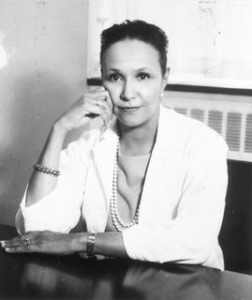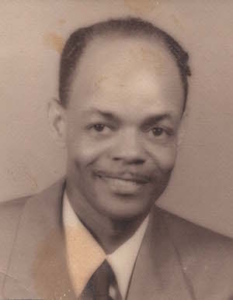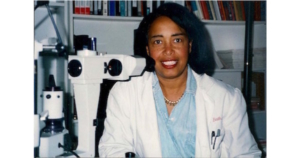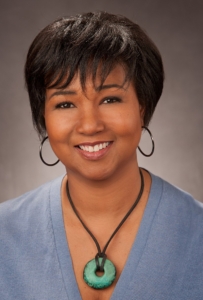February is American Heart Month. This month marks a month to raise awareness of the risks of Heart disease, promote easy ways people can focus on their heart health, and advocate cardiovascular health. As a part of American Heart Month, ExperCARE will feature several recipes throughout the month from the American Heart Association. Up first, a fan favorite…
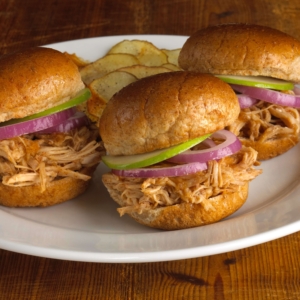
BBQ Pulled Pork Sliders with homemade Potato Chips
Servings 6
For the BBQ Sauce and Sandwiches:
-
1/4 cup unsweetened, plain applesauce
-
2 tablespoon sugar-free peach preserves
-
1 teaspoon apple cider vinegar
-
12 whole-wheat slider buns
-
12 slices thinly sliced green apple (about 1 apple)
-
12 slices thinly sliced red onion (about 1/2 an onion)
For the Homemade Potato Chips:
-
1 medium Idaho baking potato
-
non-stick Cooking spray
-
1/2 teaspoon pepper
-
2 baking sheets
-
parchment paper
For the Pulled Pork:
-
1 1/2 teaspoon dried thyme
-
1 teaspoon garlic powder
-
1 teaspoon chili powder
-
1/2 teaspoon paprika
-
1/2 teaspoon black pepper
-
2 1/2-3 pound lean, cut pork loin roast (all visible fat discarded)
-
1/2 cup unsweetened, plain applesauce
-
1/4 cup apple cider vinegar
-
2 teaspoon honey
-
1/2 cup low-sodium chicken broth
-
1/2 cup water
-
1 small onion (coarsely chopped)
Directions
For the BBQ Sauce and Sandwiches:
-
Whisk together applesauce, preserves, chili powder and vinegar to make BBQ sauce.
-
Toss sauce with pulled pork. Fill each slider bun with about 1/4 cup pork, apple slices and red onion slices.
For the Homemade Potato Chips:
-
Preheat oven to 350 degrees F.
-
Slice potato as thinly as possible, into about 1/8 inch thin slices.
-
Place one sheet of parchment paper on one of the baking sheets. Spray evenly with cooking spray and place one layer of potato slices. Spray another coat of cooking spray over the potatoes. Place another sheet of parchment paper. Turn the other baking sheet upside down on top of the baking sheet with the potatoes.
-
Bake for 20 minutes. Uncover top baking sheet and parchment paper, sprinkle with pepper and bake for an additional 15 minutes.
-
Remove any chips that begin to turn too brown before the 15 minutes is over. Let cool and serve with pork sliders.
For the Pulled Pork:
-
In a small bowl, combine thyme, garlic powder, 1 tsp. chili powder, paprika and pepper. Rub evenly over pork. Set aside.
-
In a small bowl, whisk together 1/2 cup applesauce, 1/4 cup vinegar, honey, chicken broth and water. In crock-pot, scatter onions to cover the bottom of dish. Place pork on top of onion and pour applesauce mixture over pork. Cook on low setting for 6-7 hours.
-
Remove meat from crock-pot and discard remaining cooking liquid. When cool enough to touch, shred pork by hand or with two forks, discarding any fat and/or bones. (Optional- remove onions with serrated spoon).

